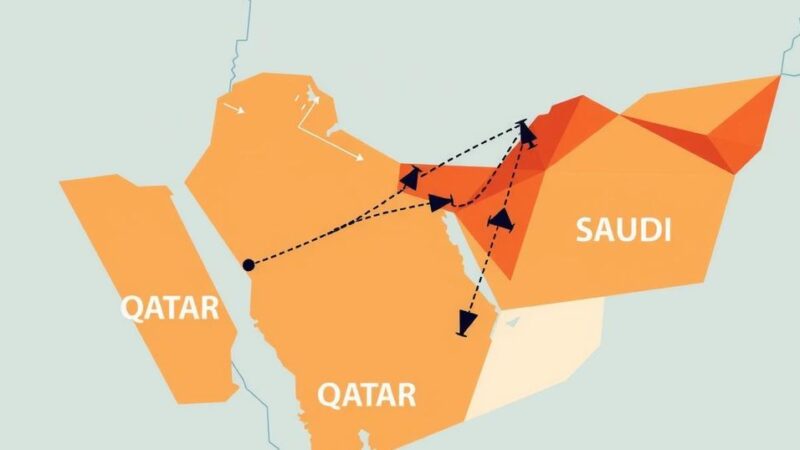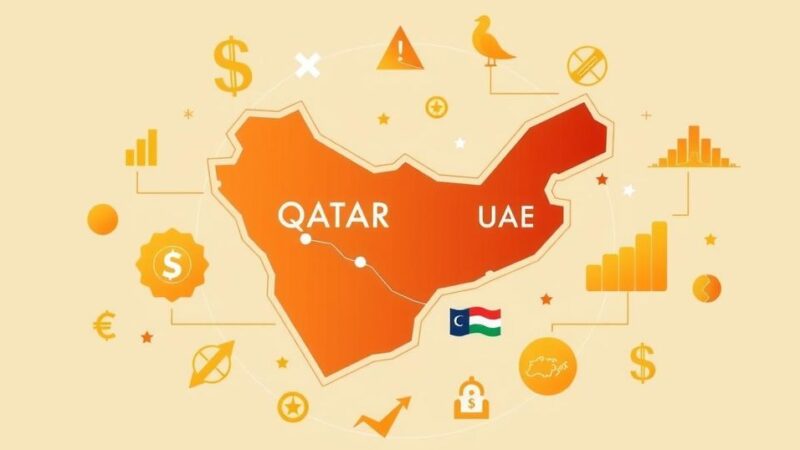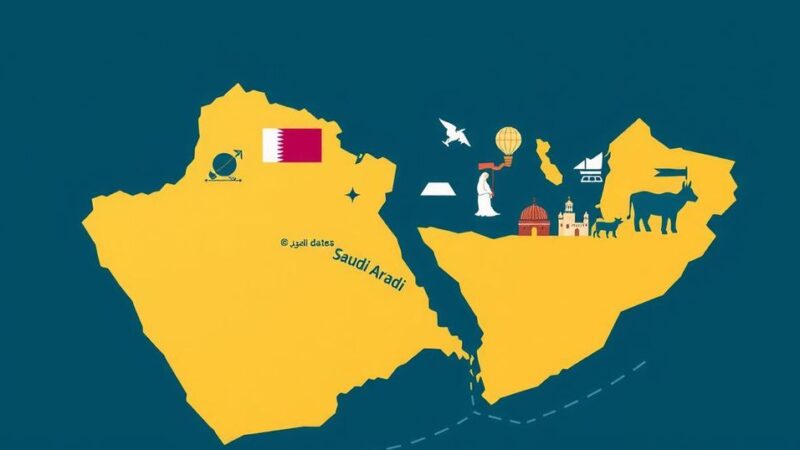Iraq’s Shi’ite militias are increasingly asserting independence from Iran, posing potential challenges to Tehran’s aims of improving relations with the West. Recent threats from Israel’s Foreign Minister have intensified concerns over the implications of this autonomy for regional stability and diplomatic efforts.
Recent developments have indicated that the Shi’ite militias in Iraq, which have historically maintained strong ties with Tehran, are now asserting considerable independence. This shift poses a significant challenge not only to the stability of Iraq but also to Iran’s broader strategic interests in the region, particularly as Tehran seeks to foster improved relations with Western nations. This burgeoning autonomy among militias has raised concerns regarding their potential to escalate conflict and disrupt diplomatic progress for Iran.
The landscape of Iraqi politics has been increasingly shaped by Shi’ite militias, particularly those aligned with Iran. Traditionally regarded as extensions of Iranian influence, these militias have gained significant political and military power. However, their growing independence has resulted in an uneasy dynamic, wherein some factions are distancing themselves from Tehran’s directives, thereby complicating Iran’s efforts to engage constructively with the West. The complexities introduced by these militias are critical for analysts monitoring regional stability and geopolitical alignments.
In summary, Iraq’s Shi’ite militias are evolving into a more autonomous force that may inadvertently counteract Iranian objectives in fostering relations with the West. The recent actions and statements from leaders such as Israeli Foreign Minister Gideon Sa’ar highlight the precariousness of the situation, underscoring the necessity for vigilance regarding the implications of militia independence not only for Iraq but also for Iran’s regional ambitions and security.
Original Source: www.haaretz.com






